

Opposition Leader Mark Golding is reigniting a call for the Government to make the Caribbean Court of Justice (CCJ) Jamaica’s final appellate court.
Golding was speaking today (January 12) during a press conference hosted by the People’s National Party (PNP) at its St Andrew headquarters.
The CCJ was established in 2005 to replace the London-based Privy Council as the region’s final court. However, despite its almost 20-year existence, Jamaica is yet to sign on to the CCJ’s appellate jurisdiction, much to the dismay of the PNP.
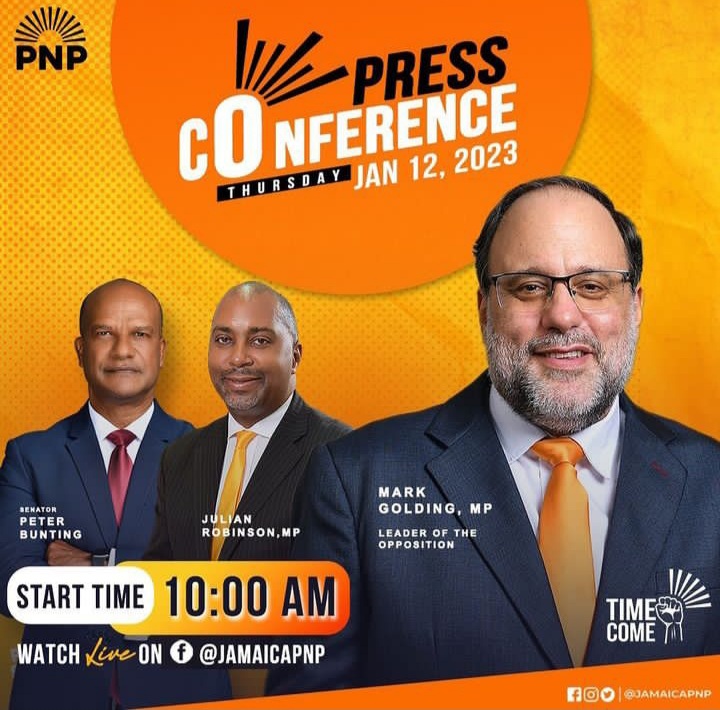
Golding said Jamaica will gain true independence when the CCJ is made the country’s final court of appeal.
“One of the major items is completing the circle of our independence. That is the decolonisation of Jamaica, which began in 1962 but was incomplete. It was incomplete primarily because of political reasons,” Golding said.
On several occasions during his address, he noted that Jamaica needs to have a Jamaican as its head of state.
“Firstly, the British monarch remains our head of state, Jamaica as an independent country has its head of state in a foreign country across the Atlantic with very little connection to the island.”
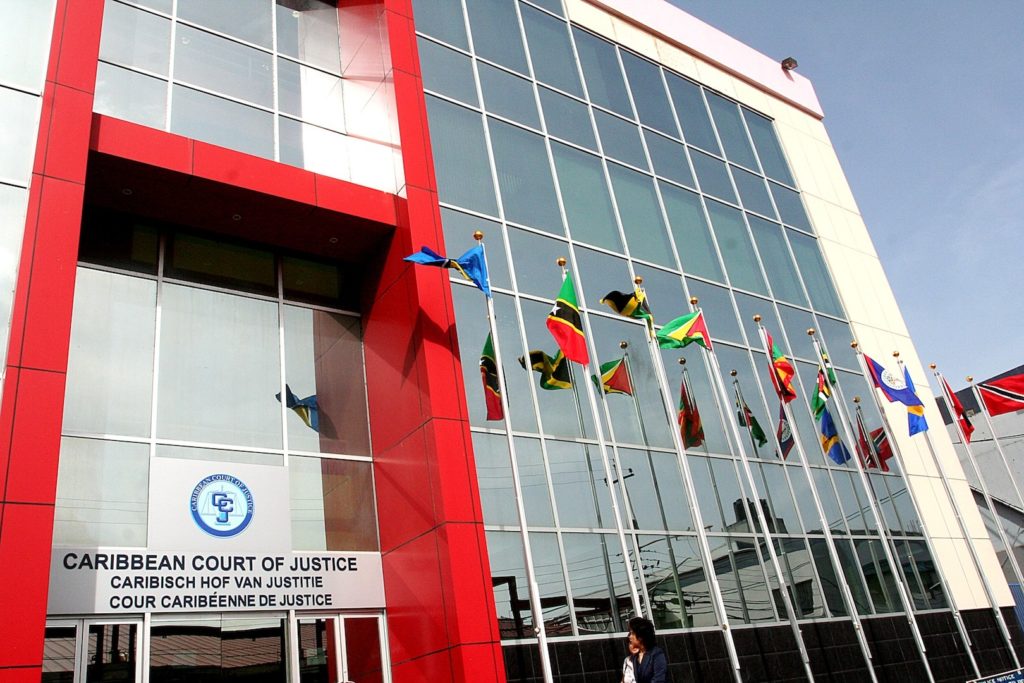
He continued: “Our final court of appeal is Her Majesty’s [now His Majesty’s] judicial committee of the Privy Council. That was a court that was established in the 1830s, I believe. A colonial institution with judges of which, for the most part, are English judges,” he continued.
Golding noted that, while he was not questioning the quality of those judges, he found it unusual and bizarre for an independent country of 60 years to continue to have its final court of appeal a foreign court.
“A court that it had nothing to do with establishing, largely manned by judges that have very little to do and very little experience with the jurisdiction.”

“The CCJ was established over 15 years ago. It was designed to ensure its independence from political interference. It was established with a trust fund which Jamaica and other regional countries made its contribution to, by borrowing money that set up the CCCJ and also putting borrowed money into that trust fund and paying back the loans,” Golding pointed out.
At the CCJ, judges are appointed by the Regional Judicial Services Commission which was established to ensure openness and transparency in modern governance.
“In the years since the CCJ was established, it has built a track record of excellence which has been internationally recognised for the quality of its services. We believe that it is essential for the Jamaican people to have the benefit of a final court of appeal that is accessible,” the Opposition leader said.

Currently, persons wishing to go before Jamaica’s final court have to travel to the UK to appeal before the Privy Council.
Golding said that it is a tedious process that can cause financial challenges for some Jamaicans seeking to go before the final court.
“You need to have a visa which is not available to Jamaicans as a right. It has to be applied for and [for] quite a large sum of money. Plus, you have to deal with the enormous cost of travel and accommodation when you get there.”
In addition, Golding noted that very few appeals are currently being brought before the Privy Council from Jamaica.

He highlighted that Jamaicans are being deprived of their right to justice based on the fact that the nation’s final court is located in the UK.
“The people of Jamaica, especially the ordinary citizens, are being denied his or her right to have due process and access to justice at the highest level when they have a matter which they feel like ought to be tested before a final court of appeal,” Golding said.
The CCJ, which is headquartered in Trinidad and Tobago, has the power to move across islands to hear appeals. As was seen in the Shanique Myrie vs Barbados case, in which Myrie, a Jamaican, accused Barbados of violating her right to free moment, the court sat in both Jamaica and Barbados.
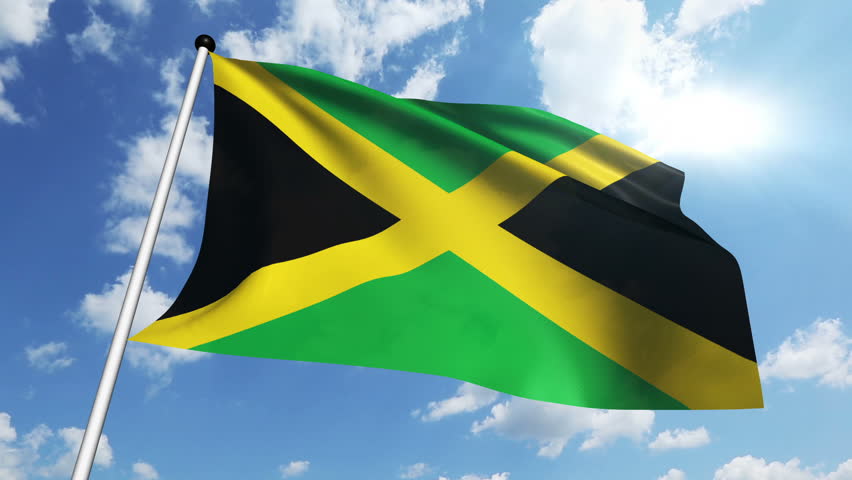
“The CCJ uses audio visual communication technology as a standard part of its operating practice so you don’t have to travel there for many of the processes before the court,” Golding said.
It is with this that Golding is once reiterating his call to have the CCJ as the country’s final court of appeal.
“We are saying, let us decolonise once and for all the legislation to move away from the Privy Council and adopt the CCJ as our final court of appeal. Ensuring that Jamaica has a Jamaican head of state and ensure that our final court is an institution that serves our region,” he said.
– Send feedback to [email protected]

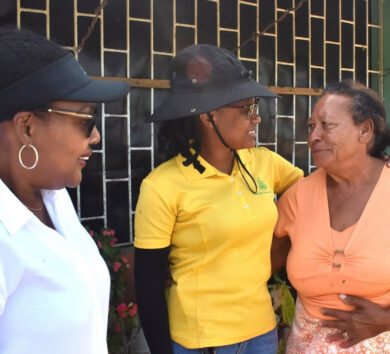
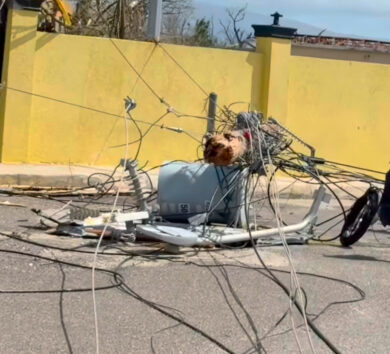



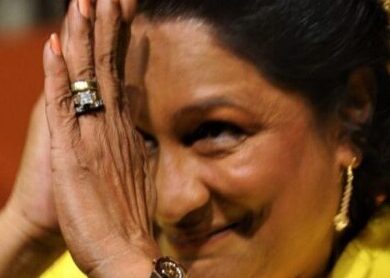
Comments